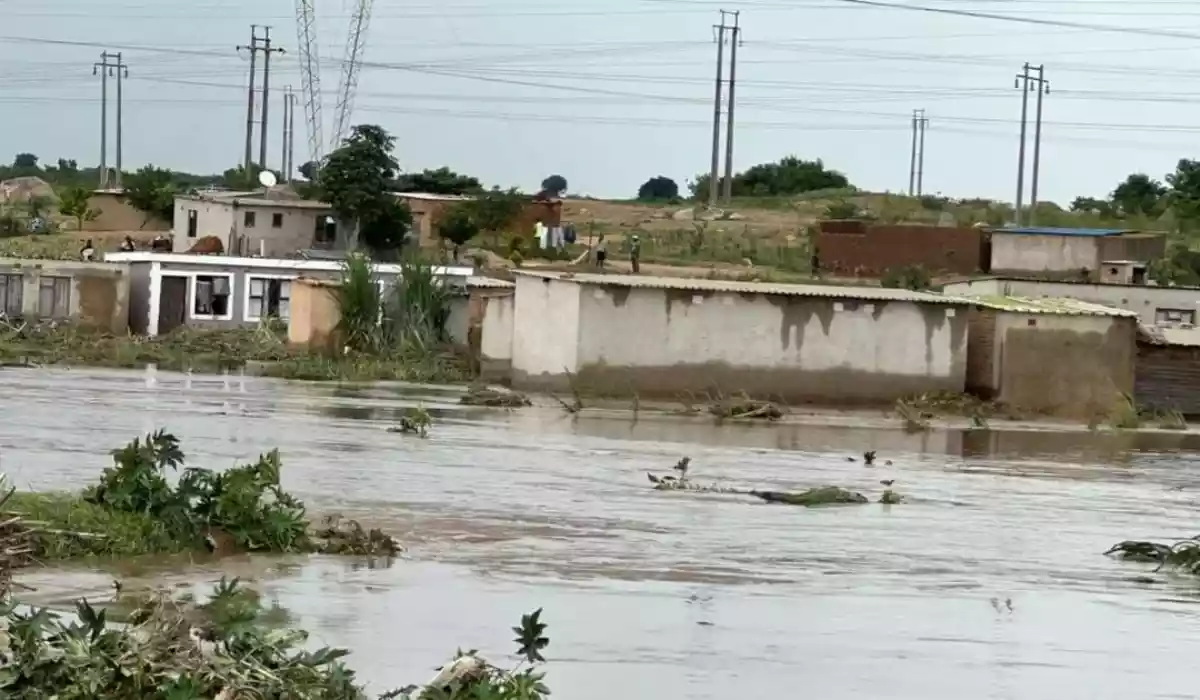
The incessant rains that pounded the country in the past week have exposed a big problem that has been allowed to fester in Harare and Chitungwiza, which requires decisive action to save lives.
Scores of families that were allowed to build houses on wetlands over the years were left homeless by floods in the last few days.
For the past two decades, government's oversight on setting up new settlements in urban areas was weak and that opened floodgates for unscrupulous land barons — mainly politically exposed people — to ride roughshod over desperate home seekers.
Most urban local authorities, including Harare and Chitungwiza, have been struggling to deal with rising housing demand that has been worsened by low investor appetite in all sectors of Zimbabwe’s economy in the past two decades.
After Operation Murambatsvina in 2005 where the government sought to clear slums in urban areas, but ended up displacing over 750 000 people, and the subsequent Operation Garikai (Better Life), which failed spectacularly, the authorities relaxed policies that governed the establishment of urban settlements.
The government effectively abdicated its responsibility to provide shelter to private players with disastrous consequences.
It went on to relax regulations and allowed private land developers to sell housing stands to home seekers without the requisite onsite and offsite infrastructure.
Land developers linked to the ruling Zanu PF party and housing cooperatives took advantage and sold land to home seekers who went on to build houses on waterways and wetlands, among other unsuitable places.
- Corruption Watch: Get scared, 2023 is coming
- Corruption Watch: Get scared, 2023 is coming
- Letters: Ensuring Africa’s food security through availability of quality seeds
- Is military's involvement in politics compatible with democracy?
Keep Reading
The land barons are protected through their political links, but the devastation caused by the floods in Harare’s Budiriro and Kuwadzana suburbs as well as in Chitungwiza must jolt authorities to act against the rot in urban areas.
Flooding in homes in the mentioned areas have become a common phenomenon during the rainy season and the reasons are well known. The floods are not a natural disaster by any stretch.
According to the Zimbabwe Human Rights Association (ZimRights), over 90 families in Budiriro alone were rendered homeless by the floods. The families were left without blankets, food and accommodation.
While we urge those with the capacity to assist the affected families to offer their support, we urge authorities to deal decisively with land barons that are putting people’s lives at risk by selling them housing stands in wetlands.
The lawlessness comes at a heavy cost to both the victims and the state, which must now use a lot of money in disaster response initiatives.









